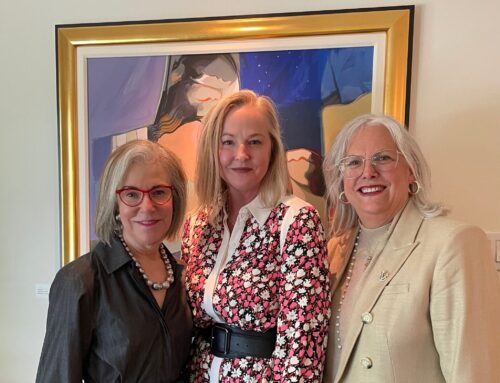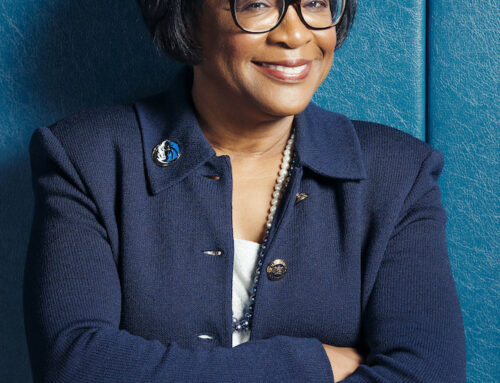Right after we sent the December magazine to press, the DMN published this column from former employee Rod Dreher that asked the question: Are we trading theological purity for the comfort of religious tolerance?
A similar question was posed to me during the editing process of the December feature story, “A reverend and a rabbi”: How can these two men, who are obviously leaders in their respective faith traditions, hold so firmly to their own beliefs without asserting that the other is going to hell or is an apostate or at least is dead wrong? Doesn’t that mean they’re both swimming in the pool of watered-down religion, which, according to Dreher’s column, is more of a collegial hot tub these days?
I would argue no, and here’s why: First of all, both the Rev. George Mason of Wilshire Baptist Church and Rabbi David Stern of Temple Emanu-El know the beliefs of their faith traditions inside and out. One of the major religious crises we in America are facing today is something that Dreher points out in his column: A shockingly high number of people in all kinds of faith traditions (and sadly, clergy as well) don’t know much about the core beliefs of those traditions. That becomes particularly problematic when people who either don’t know or think they know what a denomination holds true fall out of sorts and, sometimes, cause major upheaval when confronted with core beliefs. I’ve experienced this in my own denomination, and have witnessed it in many others, too.
From many clergy, I’ve heard the admonition that we don’t need to worry about being confronted by the beliefs of other faiths and traditions if we thoroughly know the beliefs of our own. I agree with Dreher that the lack of religious education today — both among the typically younger “Nones” that Dreher mentions in his article who believe “whatever”, and among the typically older religious intolerants who sometimes don’t really know their own tradition’s beliefs — will lead us and future generations down a path of poor-quality faith.
What both Stern and Mason espouse is both knowing one’s own tradition and getting to know other traditions. (Mason gives good reason for this in his December worship column that, among other things, discusses differing views of Christians and Jews on messiah.) And the best education, their lives tell us, is to befriend those with different beliefs then our own. This is not so that we can live in a happy-go-lucky, hunky-dory world where people hold hands and sing “Kumbya” and never disagree about beliefs.
Mason and Stern were clear with me: They disagree. Strongly. But when we get to know someone, work to understand someone, try to see the world from his perspective, and become his friend, it becomes very difficult to decry or even shrug off his beliefs. Dreher’s column points out that “the main reason Americans have become more tolerant is because they personally know someone of a different faith.” If this is the picture of religious tolerance — digging deeper into our own faith while simultaneously opening our minds and hearts and lives to others — then I hope we continue to become a more religiously tolerant world.
One thing that may help those of us of various religious persuasions is something Mason and Stern reminded me of: We don’t need to waste time proving that we are right, and foisting our righteousness onto others. If God does the sorting, that leaves us much more time to better know the God in whom we believe, to better know what our beliefs require of us, and to live our lives accordingly.






